Becoming A Professional Planner
Becoming a professional planner in Atlantic Canada usually starts with education. The School of Planning at Dalhousie University in Halifax is the start of a career for many of Atlantic Canada’s planners, although there are a number of other Universities across Canada and the world that offer accredited planning degrees.
The profession of professional planner is regulated by the provinces through most of Canada, and the most common route to becoming a professional planner is through the national certification process. Once someone graduates from a planning school and gets their first job as a planner, they are eligible to apply to become a Candidate. They apply to the Professional Standards Board which oversees the certification process for professional planning on behalf of all the Provincial Territorial Institutes and Associations (PTIAs) across Canada (except in Quebec).
Applicants who do not have an accredited degree but with prior learning experience or those who have foreign credentials can also apply through the Prior Learning Assessment Route or the Reciprocal/Advanced Standing Route. More information can be found on the Professional Standards Board website.
Once a potential Candidate has been accepted as eligible to apply to be a Candidate, they must apply to their PTIA as a Candidate member. In Atlantic Canada, the Atlantic Planners Institute manages this application process on behalf of all four Atlantic provincial associations (PEIIPP, NBAP and NLAPP).
After a couple of years as a Candidate, where they are monitored by a mentor to gain on-the-job experience, they can sit for their national professional and ethics examinations. Once they have passed their examinations, they are eligible for recognition as a fully certified professional planner and are eligible to become fully registered members of their PTIA. The Atlantic Planners Institute manages this membership process on behalf of all four Atlantic provincial associations (PEIIPP, LPPANS, NBAP and NLAPP).
Fully certified professional planners in New Brunswick and Prince Edward Island who are members in good standing of their PTIA may use the designation Registered Professional Planner (RPP). Fully certified members of these provinces also become Members of the Canadian Institute of Planners and may also use the designation MCIP. Note: Newfoundland and Labrador is the only province in Canada without provincial legislation regulating professional planning; therefore, NLAPP members who are fully certified use the designation MCIP only.
The process from graduation through becoming a RPP, MCIP (MCIP in NL) is overseen by the Professional Standards Board (PSB). From first becoming a Candidate to becoming a fully certified professional planner usually takes two to three years, although members have up to seven years to complete the process. Full details on application requirements are on the PSB website.
For those people that didn’t graduate from an accredited university planning program in Canada, there are some other ways to become a fully certified professional planner. More information on these routes to certification is also available on the PSB website.
